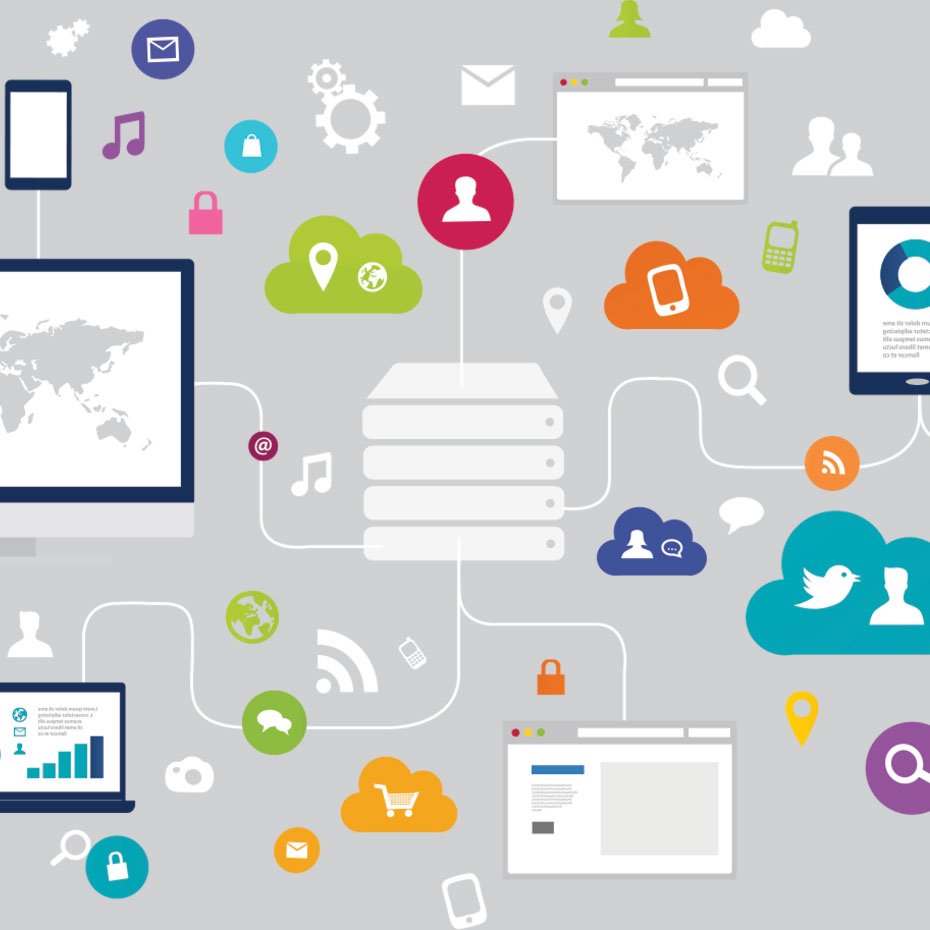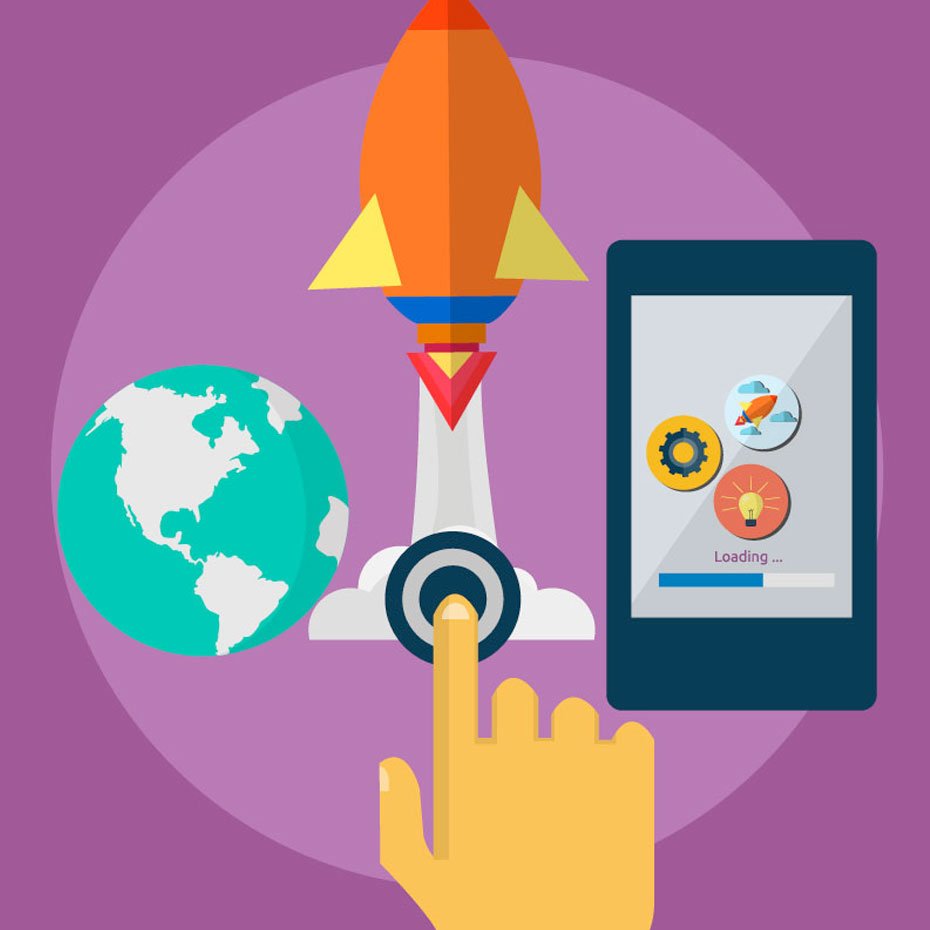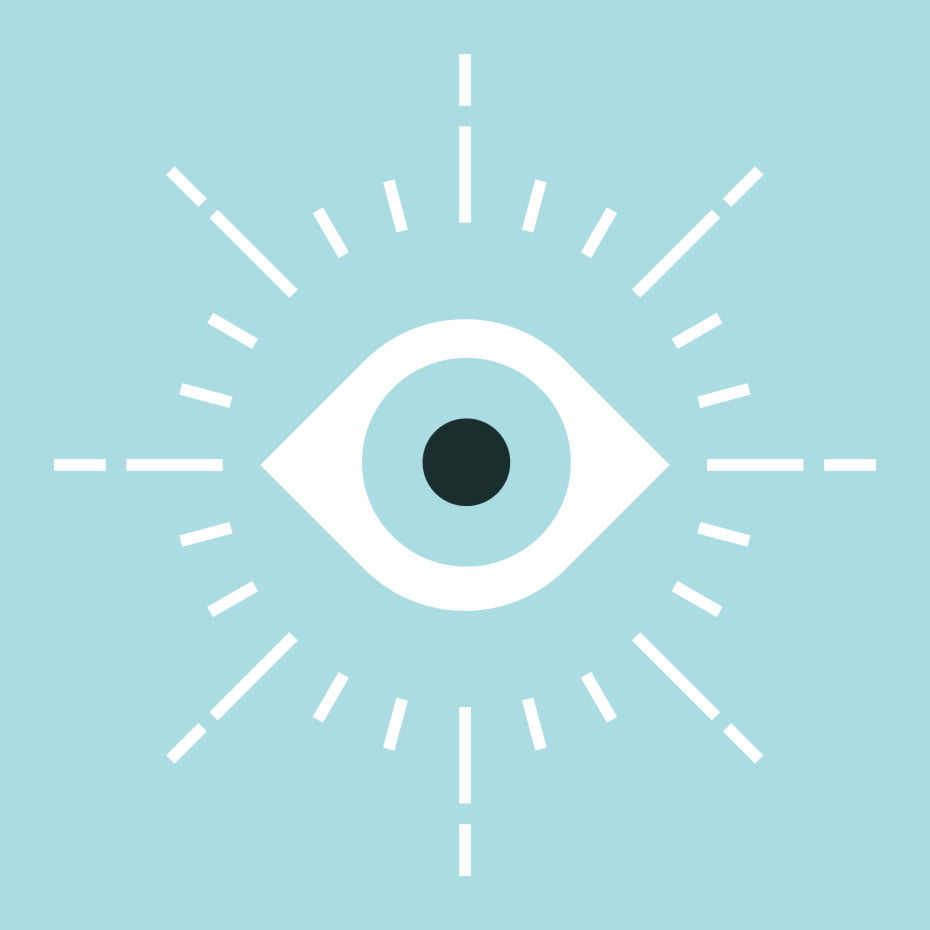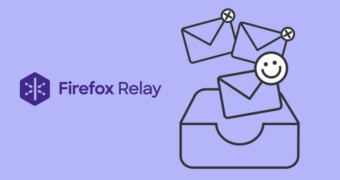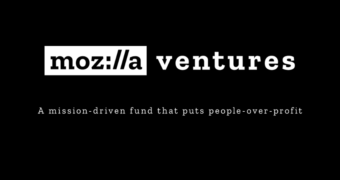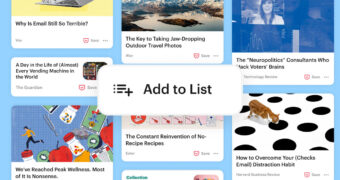For as long as the internet’s been around, we’ve talked about it in terms of connection. We connect to the internet, to wifi, to people half or all the way around the world, to what’s possible. And we tailor the web around us to listen and respond. How we search, what we’re shown, and who we follow, are designed to simplify connection. Now, it feels like filters are driving us apart. How did we get here?
In this edition of IRL, Veronica Belmont investigates the way social media can create, and break, our filter bubbles. Megan Phelps-Roper discusses the Westboro Baptist Church, and the bubbles that form offline. Writer B.J. May talks about the bubbles we encounter every day in our Twitter feeds. And, within the context of a divided America, sometimes bubbles are the thing that holds us together, as DeRay McKesson explains through his work. Listen up. And if you’re looking to break out of your cozy online filter bubble, we’ve got some advice for you.
Get to know your digital neighbors, IRL
Say you’re a conservative, and you want to get to know a liberal better. Where do you begin? Henry Tsai’s new platform Hi From The Other Side pairs people from across the political divide to meet up in real life and talk it out.
Keep a balanced (media) diet
In this week’s episode of IRL, B.J. May talks about what it takes to break free from social filters. For May, it came down to 26 tweets and a commitment to find and follow new voices. It’s kind of like working out, but for your brain. So why not get a coach? Read Across The Aisle is like a FitBit for responsible news, helping you take a quantified self approach to de-biasing your feed.
Scroll through someone else’s feed
Sometimes to truly understand where someone else is coming from, it helps to walk in their shoes. Or at least, live vicariously through their feed. FlipFeed is a Twitter plug-in created by M.I.T. researchers that allows you to swap your regular Twitter feed for that of a random, anonymous user from across the aisle.
The internet didn’t create filter bubbles. But it can help break them. For more on how we’re working to combat filter bias, check out the latest from the Mozilla Information Trust Initiative.


